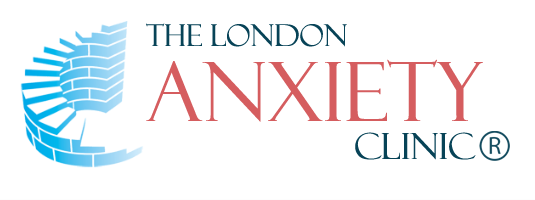Improve your confidence and resources in specific situations.
Help is available for situational anxiety at The london anxiety clinic.
Situational anxiety relates to specific situations, these events or places can trigger extreme anxiety or panic attacks and put a person off wanting to attend or participate again, creating avoidance and fear.
For example publc speaking can trigger unnecessary anxiety and stress leading up to the presentation and/or during the presentation. Mike explains that fear is real, however what is crucial is the timing, and we do not necessarily need to feel overwhelmed when wanting to perform or present information to others.
The London anxiety clinic teaches the skills for public speaking and shows you the techniques to manage the fear effectively, turning your ability and competencies into more adaptive and proactive strategies. Enabling you to present more easily. Adapting to the environment, be it teaching/lecturing at University or presenting at a board meeting,Mike will show and teach you the techniques on how to adapt to these situations.
Situational anxiety, just doesn't stop at public speaking. Many clients feel very resourceful in many areas of their lives, sometimes finding that specific situations just trigger fear or panic. For example, changing employment, school, taking on more responsibility and dealing with staff or confrontation. Either way the London anxiety clinic will assist in helping you to develop the necessary skills.
Here are some ideas about the causes and various ways to manage situational anxiety.
Causes of Situational Anxiety
-
Past Negative Experiences: If someone has had a bad experience during a specific situation in the past (e.g., being laughed at while speaking publicly), they might develop anxiety whenever a similar situation arises.
-
Learned Behaviors: Anxiety can sometimes be learned from observing others who are anxious in certain situations, such as a child observing a parent who is fearful of flying.
-
Biological Factors: Genetic predispositions to anxiety or a naturally higher level of arousal can make someone more susceptible to situational anxiety.
-
Lack of Control: Feeling a lack of control or unpredictability in certain situations can also trigger anxiety. This is common in environments where outcomes are uncertain or potentially negative.
Managing Situational Anxiety
-
Preparation: If the situation allows for it, preparing thoroughly can help reduce anxiety. For example, if public speaking causes anxiety, rehearsing extensively might help alleviate some nervousness.
-
Relaxation Techniques: Learning and practicing relaxation techniques such as deep breathing exercises, progressive muscle relaxation, or guided imagery can help manage physical symptoms of anxiety when they occur.
-
Exposure Therapy: This involves gradual exposure to the feared situation in a controlled and systematic way, helping to desensitize an individual to the anxiety-provoking stimulus. This is often done with the guidance of a therapist.
-
Cognitive Behavioral Therapy (CBT): CBT can be particularly effective for situational anxiety as it helps individuals identify, challenge, and change unhelpful thoughts related to the anxiety-provoking situation.
-
Mindfulness and Meditation: These practices help focus the mind on the present moment and can reduce the impact of anxiety by preventing the mind from escalating into negative forecasting.
-
Pharmacological Options: In some cases, especially where the anxiety severely impacts life or needs to be managed quickly (e.g., fear of flying), medications may be used on a short-term basis to manage symptoms.
-
Support Systems: Talking through your fears with friends, family, or a support group can provide reassurance and decrease feelings of isolation or uniqueness in your anxiety.
To find out more, please contact the London anxiety clinic for a complimentary consultation.








